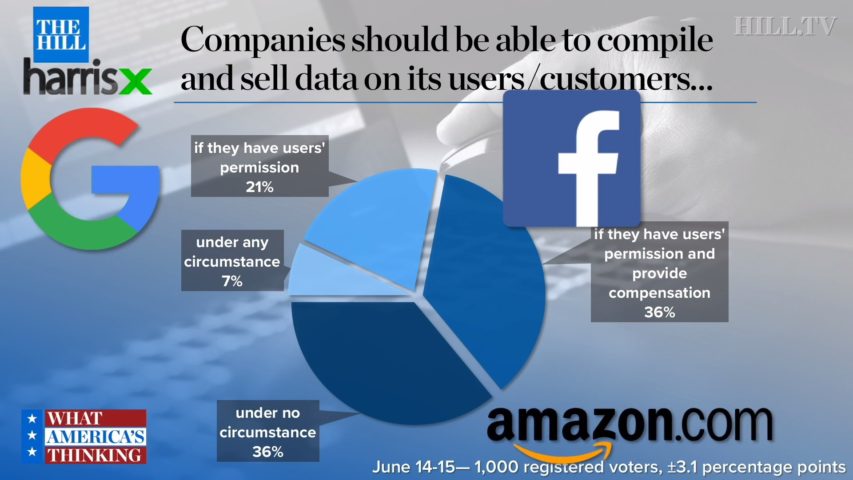With Boris Johnson’s domestic affairs back in the news after a noisy tiff with his current partner, Mark Steyn briefly discusses the less-than-traditional lifestyle of Mr. Johnson:

Boris Johnson, Secretary of State for Foreign and Commonwealth Affairs at an informal meeting of the Foreign Affairs Council on 15 February 2018.
Photo by Velislav Nikolov via Wikimedia Commons.
The rather tired bon mot on Britain’s soi-disant next prime minister is that the only thing that can stop Boris Johnson is Boris Johnson. He was super-disciplined during the last month and managed to stick to his Trappist vows all the way through to the final round of the first stage of voting on Thursday. Then he celebrated his triumph by spilling red wine on his “partner”‘s sofa which led to her allegedly yelling “Get off me!” and then “Get out of my flat!” and him refusing to. “Partner” is New Britspeak for what old-school Tories would have called a “mistress”. Boris was recently kicked out by his second wife, and so moved in with the new bird, who happens to live in Camberwell, which is full of fashionable Labour Party types surrounding him on all sides with glasses held to the walls. And the cellphone has made the citizenry not only able but eager to play volunteer Stasi.
The standard gag on raffish Tories — you wouldn’t trust him with your wife or your wallet — doesn’t begin to do justice to Boris. He genuinely cannot answer the question how many children he has — or how many he’s sired whose mothers were persuaded to ensure junior never made it out of the maternity ward. Like Trump with the pussy-grabbing tape, his supporters are said to have priced all this in — that, if a flawed vessel is the only way to reach the policy destination, so be it. But Boris in a certain sense is taking Trump to the next level — that, as the bounds of acceptable politics have become ever narrower and more constrained, only a certain size of personality can bust through them, and thus in such a world a low moral character is not faute de mieux but vital and necessary — at least if you’re serious about screwing over the EU commissars. If, per America’s founders, a republic presupposes virtue; whatever it is we are now presupposes a lack of it.
Boris was not an early jumper on the Trump train. On political trends, he is something of a latecomer and an opportunist: Nigel Farage truly wants out of the EU; Boris — who knows? In British terms, Trumpesque policy populism lies with Nigel and the Brexit Party. Boris is offering personality populism, and banking that enough voters will figure the policy comes with it.















